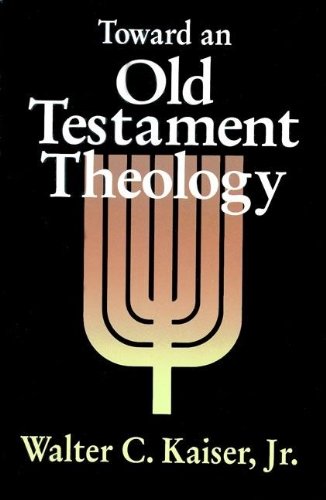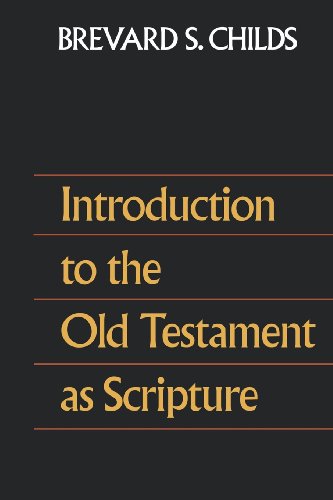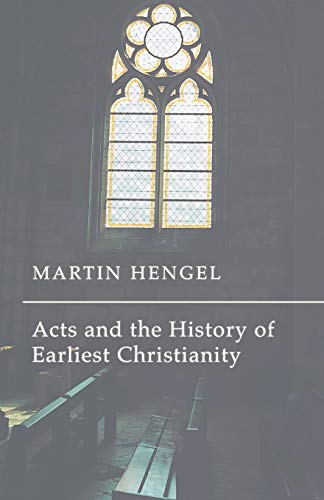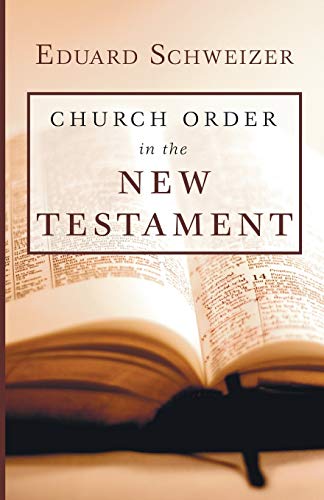Volume 6 - Issue 1
Editorial
By Robert NorrisEzekiel the priest, son of Buzi, prophesied to the Jews over a period of some twenty-five years. He and his family had been transported to Babylon in 597 bc and had witnessed the decline in the fortunes of Jerusalem. The first half of his book indicates one of the main emphases of his preaching; that because of its sin Jerusalem would most certainly face the judgment of God. In the second half of his book his message changes and he faces the fact that in 586 bc his words of prophecy had come true and Jerusalem was destroyed. He is concerned in that situation to find the message that will bring the rebirth of hope and the possibility of renewal to the nation.
In chapter 33 we find Ezekiel giving the example of the watchman set upon the walls of the city with the specific aim of sounding an alarm to the citizens should there be an attack.
In a decade of theological uncertainty this chapter speaks with a special relevance and clarity to those concerned with the study of theology. A number of factors have combined to make the study of theology a much more difficult option than it has been, especially for evangelical students. Many of the courses taught show the influence of the flight away from biblical theology. Traditional courses in Old and New Testament exegesis and theology, church history and doctrine, have been replaced by courses with a much greater bias towards the field of the comparative study of religion. In such courses Christianity is seen as ‘one amongst many’. There can be no complaint about such studies being pursued, for that is appropriate and proper and gives information on neglected areas. However, when such disciplines replace the traditional ones as the basic areas for study for a theological degree, we have changed the whole meaning of what theology is.
Another factor in the growth of uncertainty amongst theological students is the unsupported and insupportable tacit assumption amongst many other disciplines that theology is a rarified contemplation of ‘folk lore’ and not a matter of serious study at all.
Again, with the decline of the position of the church and falling numbers of those attending church, the reason for studying Christian theology has seemed to be very vague, and the debate about the courses in theology has been heightened by the growth of a multi-cultural society which embraces a number of religions. For those in the West this is the first time such a state of affairs has arisen and it has contributed to the atmosphere of uncertainty which pervades many of the faculties of theology.
Of course there is a change in the understanding of absolute truth, which comes as a direct revelation from God, being a disclosure of his own Self. When this is abandoned then the Scriptures cease to be a source book of inspired truth and become a record of man’s search for religious truth or significance. In the last decade all these trends seem to have been accentuated to such an extent that there has been a radical loss of self-identity amongst theological students and even amongst theological teachers.
Ezekiel brings home to us the fact that watchmen are set for dangerous times in positions that are inevitably dangerous. In the case of the Jews there existed a paradox, for the watchman was placed by God to look for his coming. Yet it is clear that to study theology involves a commitment to the truth and an awareness that it is a God-given and God-defined task. Not all theological students are going to be ministers, but all are handling the ‘Word of life’, and do so with the special responsibility that is attached. They are set as watchmen to find out and declare what is the truth of God. All theology must be concerned with ‘truth’ as its first goal, for all truth comes from God, and there underlies a conviction that there is nothing that is true that can damage our faith or conflict with what God has revealed.
The activity of the watchman was a lonely one, and for the most part a forgotten one, but in times of danger it became the most strategic of all positions. There is a sense in which the task of the student of theology is that of almost unrelieved watchfulness. Much that is said and passes unchallenged in the present becomes part of the future thought patterns. If we refuse to take up the intellectual challenge of understanding and articulating our faith we will have no alarm to sound in times of trouble.
To understand the study of theology as a commission from God is to find a task that offers constant challenge and also constant fulfilment. The work will always be there to be done. It will not always be exciting, but if we can recapture some of the majesty of the task—a majesty that thrilled and motivated Karl Barth to engage in ‘the Queen of Sciences’, the most responsible of all disciplines, dealing with God’s eternal truth—then we will gain a new perspective on our work. To challenge what attacks truth, to alarm those who are unaware of the enemy, actively to pursue the task of humble learning by the exercise of the gift of knowledge—this amounts to a divine mission of substance.
In this issue of the journal we have four main articles covering some of the most hotly contended issues in theology. David Wenham has given us some reflections on Johannine theology that should challenge us not simply in the area of thought and intellect, but also in the realm of our spiritual growth. He reminds us that theology emerges from spiritual life. In his article on the self understanding of the prophets, Douglas Stuart has dealt with an issue upon which hangs our whole understanding of the Old Testament and also our interpretation of it. The article is serious and balanced and provides a ready introduction into a difficult subject. Also we have an interesting study of the tensions within Calvin’s idea of predestination. This is an area that is a constant source of contention and this is a useful review of work that has been done as well as providing avenues for further exploration.
Finally we have a review article by Tom Wright of Cranfield’s Romans. In it the major themes of the Christian message are touched upon and a context for the understanding of the state of much modern critical debate is set. Tom has set as a title ‘Godliness and good learning’, which gives an indication of the appreciative nature of the review, and yet the review gives us more than an aid to deciding whether we can afford the book; it also sets out the method and content of a commentaty which has combined these qualities that we should be struggling to achieve in our theological endeavours. Knowledge and spirituality in theology should be the hallmarks of our study.
Perhaps the final article gives us a lead in the way we should view our discipline. We must struggle to achieve a true understanding of the text and then continue to struggle as vigorously to interpret the text into the human scene. The rigours of both undertakings are demanding, but the effort must ultimately be the production of a contextualized theology and gospel, the effects of which will be incalculable in the life of the church, and of individuals.
Robert Norris
Robert Norris holds a BA degree from Kings College in London and dual doctorates in history and dogmatics from the University of St. Andrews in Scotland. He serves as pastor of Fourth Presbyterian Church in Bethesda, Maryland and has taught at Washington DC’s Reformed Theological Seminary, and in seminaries in Ukraine, Malta, Japan, and Sudan. He and his wife, Caren, have five children.






